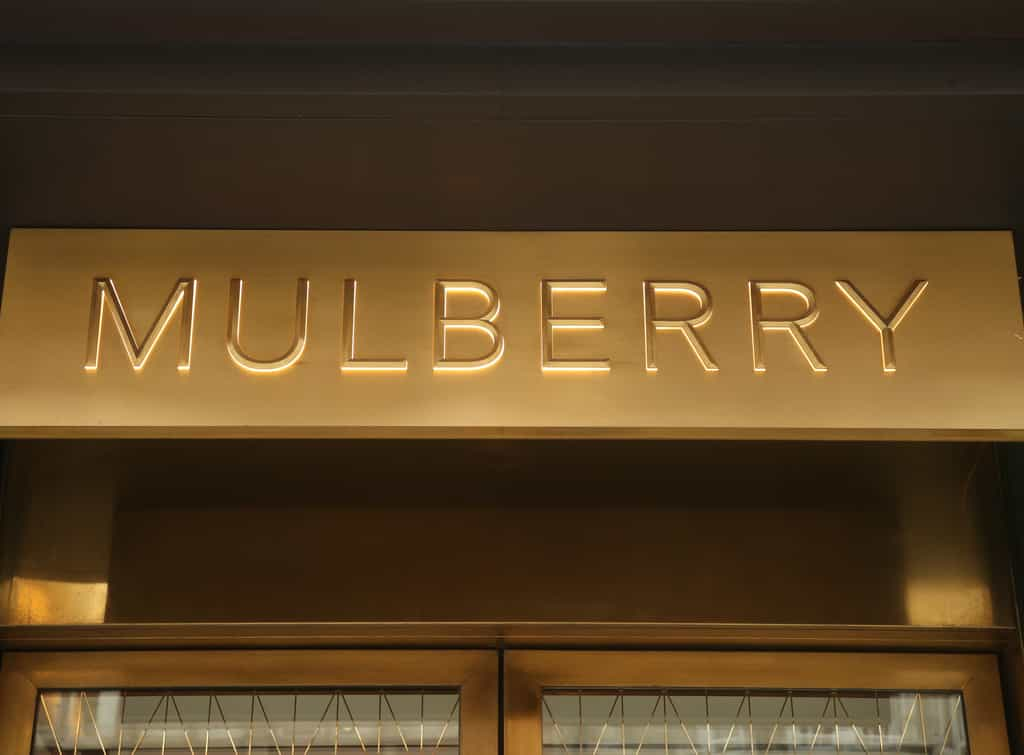
Mulberry, renowned British luxury fashion house known for its iconic handbags, is in the center of a takeover battle involving a retail conglomerate Frasers Group led by Mike Ashley. While Frasers Group has gradually increased its stake in Mulberry, the luxury brand's stakeholders remain largely opposed to a complete takeover. This dissonance is due to several reasons, primarily rooted in differing visions for Mulberry's future and concerns over brand dilution.
Frasers Group, which owns brands like Sports Direct and House of Fraser, has gradually increased its stake in Mulberry over the years and currently holds around 37 per cent stake. In late September 2024, Frasers Group made a takeover offer for Mulberry, proposing to buy the remaining shares at 130 pence each, valuing the company at approximately £83 million. Mulberry's board swiftly rejected this offer, stating it undervalued the company's "substantial future potential value." This decision was backed by Mulberry's majority shareholder, Challice, which owns 56.1 per cent of the company.
Reasons for disagreement
There are conflicting versions for the disagreement. While Mulberry's stakeholders, including its majority shareholder Challice say they, are committed to preserving the brand's luxury positioning and heritage. They believe a takeover by Frasers Group, known for its mass-market appeal, could erode Mulberry's exclusivity and prestige. On the other hand, Frasers Group's interest in Mulberry appears to be driven by a desire to replicate its successful turnaround strategies with other struggling brands. However, stakeholders argue that Mulberry's challenges are unique to the luxury sector and require a different approach.
Stakeholders believe Frasers Group's takeover bid undervalues Mulberry's potential. They argue the offer does not adequately reflect the brand's strong heritage, craftsmanship, and growth prospects, particularly in the burgeoning Asian markets. Meanwhile, there are concerns that associating Mulberry with Frasers Group's portfolio of mass-market brands could negatively impact its luxury image. This could alienate Mulberry's core customer base and hinder its ability to command premium prices.
Then there are governance and transparency issues. Some stakeholders have expressed reservations about Frasers Group's aggressive acquisition strategy and its track record with other acquisitions. There are concerns that Frasers’ may prioritize short-term gains over long-term brand building. And stakeholders have also raised concerns about the lack of transparency surrounding Frasers Group's intentions for Mulberry. This has led to speculations and uncertainty, further contributing to the opposition.
Stakeholders have also expressed reservations about Frasers Group's leadership and its track record with acquisitions. They point to the example of Debenhams, which was acquired by Frasers Group but ultimately fell into administration. This history has led to skepticism about Frasers Group's ability to successfully manage and grow a luxury brand like Mulberry. Perhaps this why, Mulberry's board is pursuing alternative strategies to raise capital and fuel its growth plans. The company recently announced a £10 million fundraising round, which Frasers Group was reportedly not informed about in advance. This move suggests that Mulberry is confident in its ability to secure funding without being acquired by Frasers Group.
Meanwhile, Mulberry has been facing challenges in recent years, including falling sales and the need for a £10 million emergency capital raise. However, stakeholders believe that the brand's turnaround strategy, led by new CEO Andrea Baldo, is the right path forward. What’s more, Mulberry's board of directors has rejected Frasers Group's takeover offer, stating that it undervalues the company's future potential. This underscores the board's commitment to preserving Mulberry's luxury positioning and pursuing its own turnaround strategy.
Indeed Mulberry's disagreement about a potential sale to Frasers Group reflects a fundamental divergence in strategic vision and concerns over brand dilution. While Frasers Group sees an opportunity to turn around a struggling luxury brand, Mulberry's stakeholders prioritize preserving the brand's heritage, exclusivity, and long-term growth prospects. The outcome of this takeover battle remains uncertain, but it highlights the challenges faced by luxury brands in navigating the evolving retail landscape and balancing the need for growth with the preservation of their core values.












